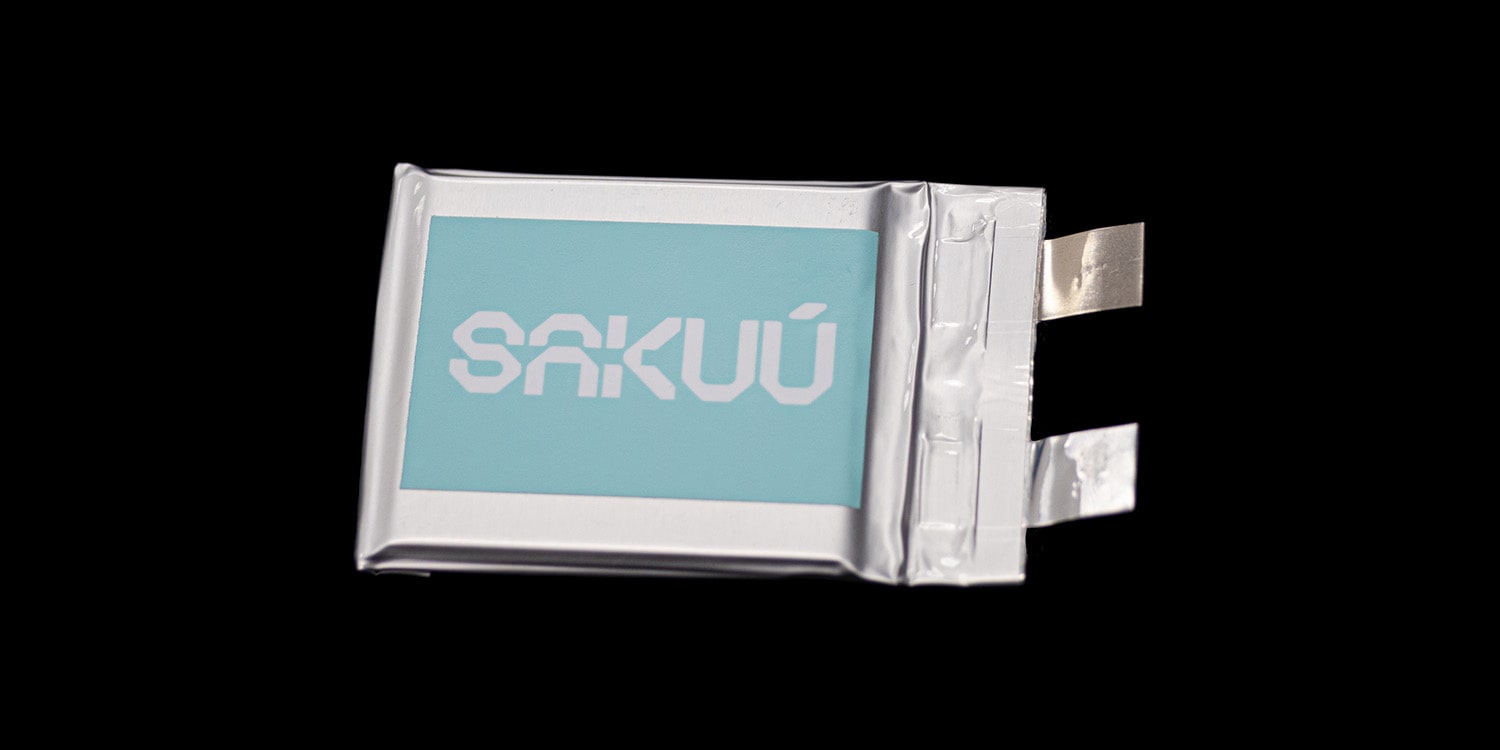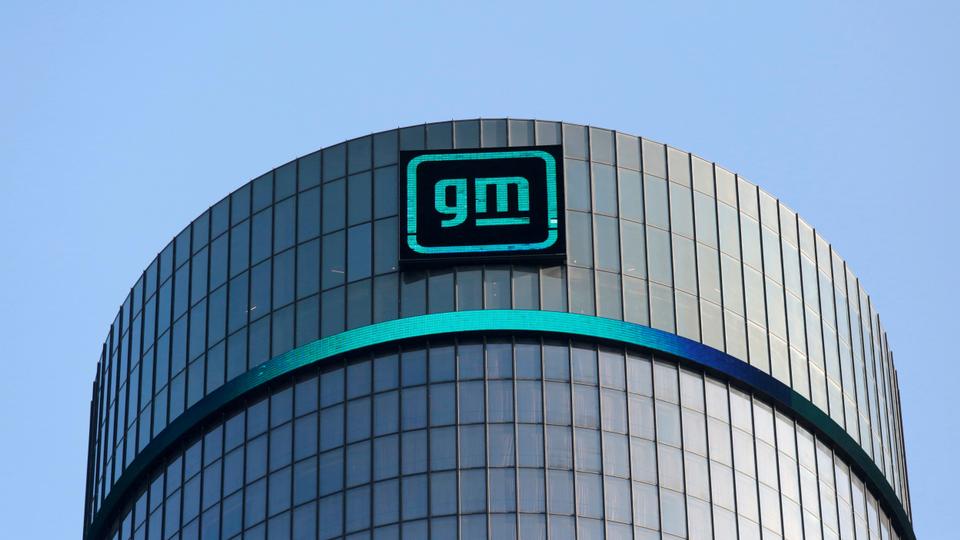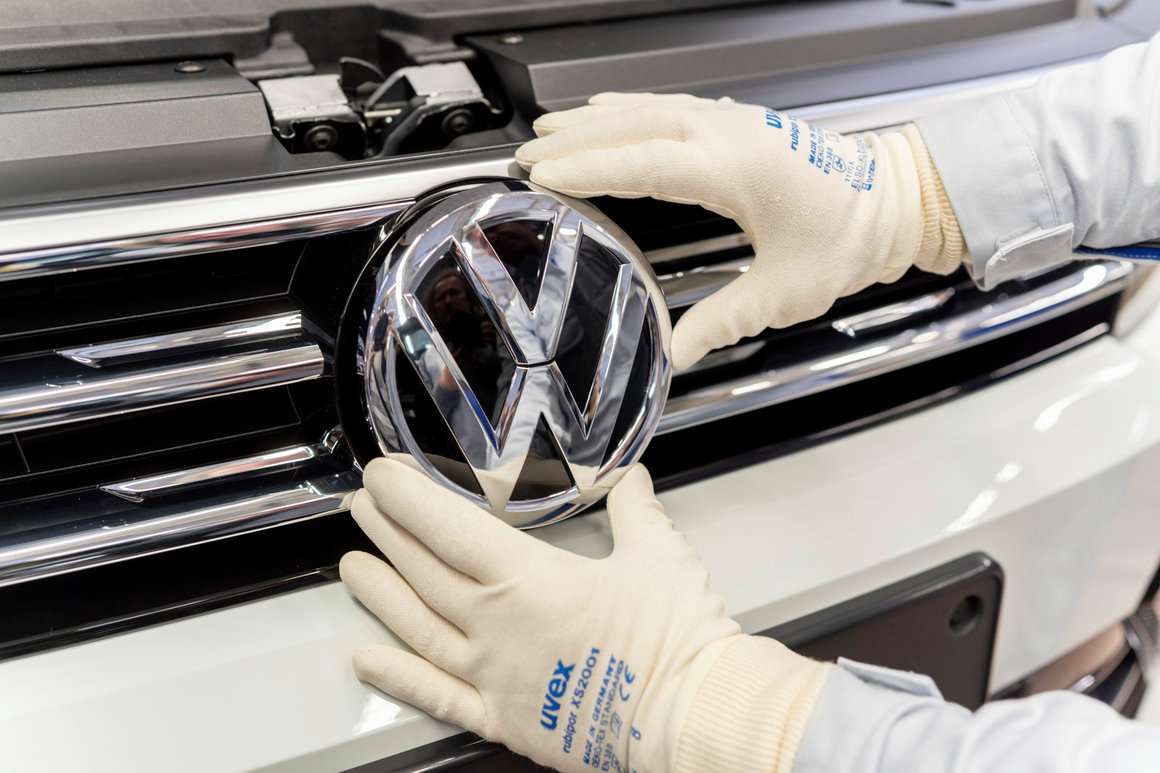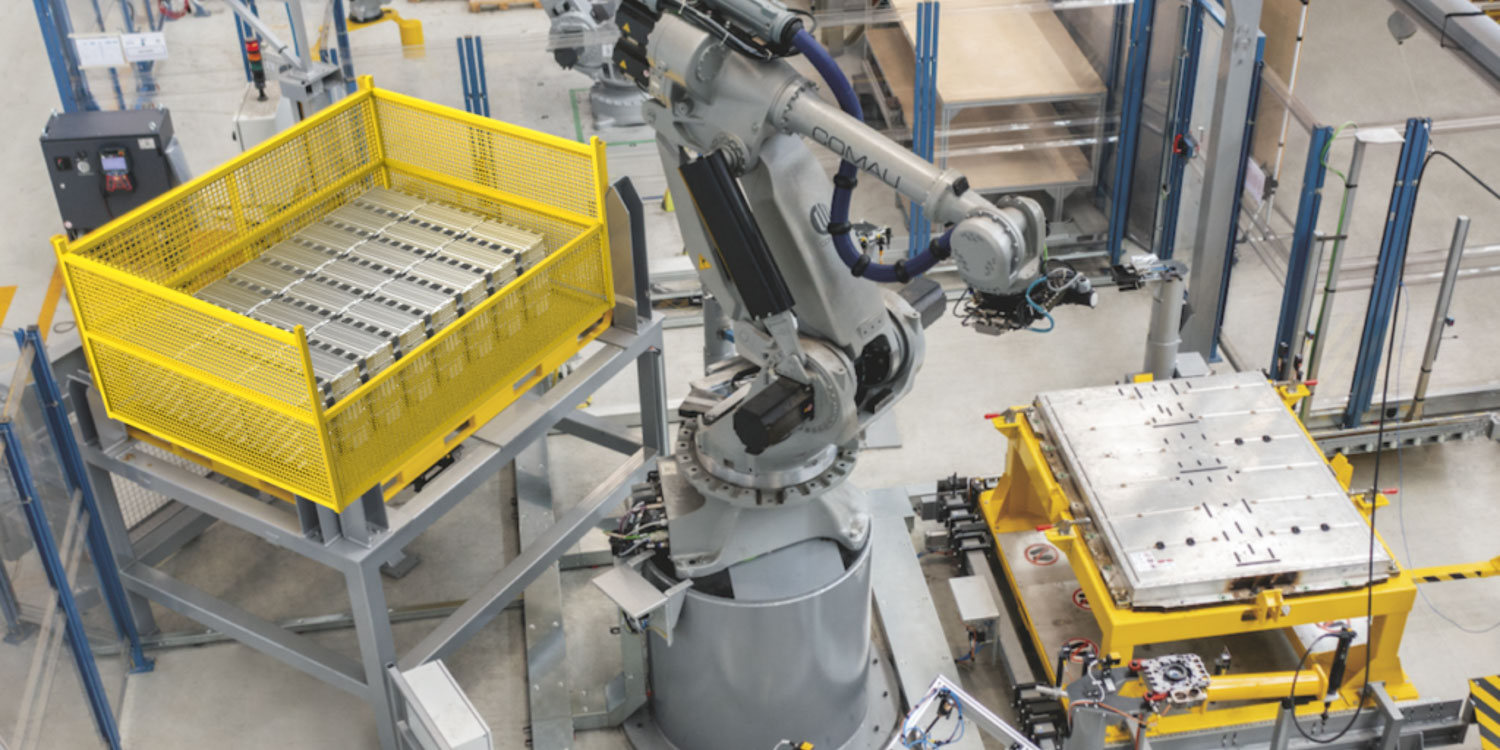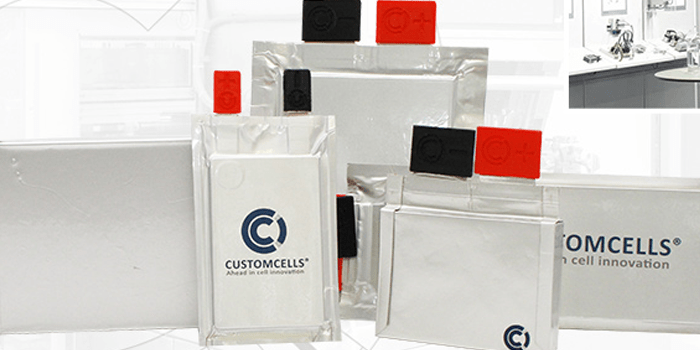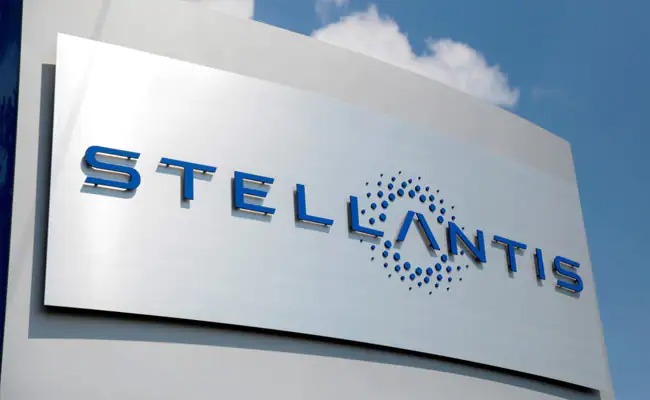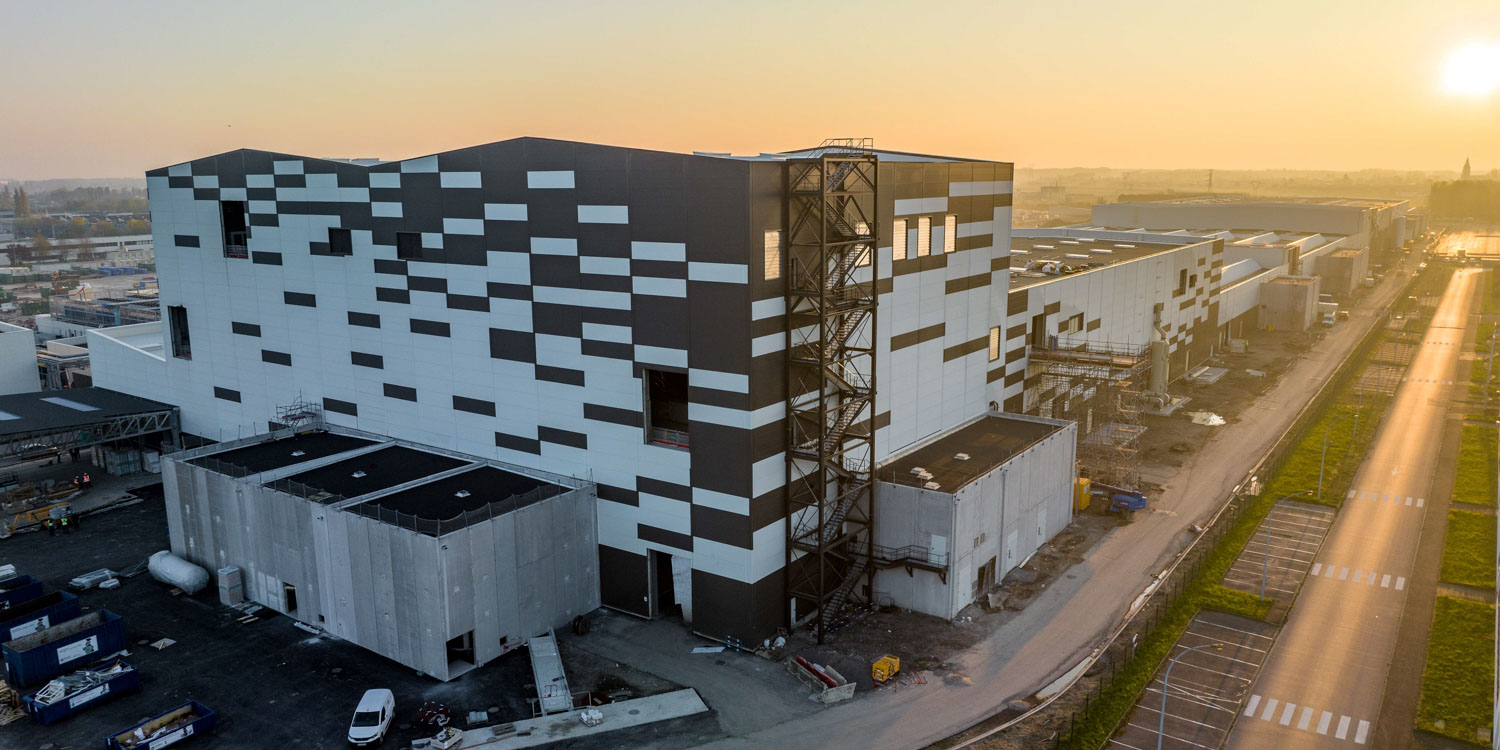Sakuu, a California-based developer specializing in 3D-printed solid-state batteries, has introduced a commercially available lithium metal cell chemistry that can now be licensed by battery manufacturers. The company’s battery pilot plant in Silicon Valley is offering sample 5 Ah pouch cells to interested parties.
Founded in 2016, Sakuu claims that their newly developed cell chemistry, called Cypress, delivers high performance with an 8C pulse discharge and 3C continuous discharge, along with an energy density exceeding 750 Wh/l. Lithium metal battery chemistry, according to Sakuu, offers superior energy density and additional performance advantages. However, its high reactivity has posed significant challenges for development. Sakuu asserts that they have successfully overcome these obstacles through innovative electrochemistry and lithium metal chemistry, enabling scalable production. Further details regarding these advancements have not been disclosed by the company.
See also: Sakuu to go public via SPAC merger, bringing 3D-printed solid-state batteries to market
Sakuu’s founder and CEO, Robert Bagheri, emphasizes the compatibility of the new technology with 3D-printing, which enhances the efficient utilization of battery packaging volume and introduces novel approaches to thermal management. Bagheri describes the Li-Metal cells as attainable, scalable, and safe, heralding a new era in battery manufacturing and energy storage. He also announces that manufacturers can now license this technology.
Sakuu had previously announced its plans to achieve an annual production capacity of 200 GWh for lithium metal and solid-state batteries by 2030. To assist with their ambitions, the company has engaged Porsche Consulting, a subsidiary of Porsche, to plan their targeted gigafactories. The consulting firm will develop a reference gigafactory for Sakuu in the United States, which will be designed with sustainable practices and maximum production efficiency. The objective is to create a blueprint that can be replicated efficiently in various locations worldwide.
While the initial plant will focus on producing lithium metal batteries, Sakuu intends to utilize its Kavian platform solution for the subsequent manufacturing facilities to produce 3D-printed solid-state batteries. The company’s proprietary printing process, known for its adaptability, can be applied in other industries, although Sakuu sees the greatest potential in battery production. The process combines different additive manufacturing techniques, enabling the application of “completely different materials” in a single layer on the powder bed. Sakuu has also developed a support material called PoraLyte, which facilitates the fast and simple 3D printing of components with cavities, eliminating the need for brittle ceramic layers.
See also: EV battery manufacturers are racing to develop cheaper cell materials, reducing dependence on China
Sakuu currently operates a pilot line for solid-state batteries and an engineering center in Silicon Valley. The engineering center is specifically designed to support the scalability of Sakuu’s 3D printing battery platform. Since December 2022, the company claims to have successfully and continuously 3D printed fully functional and high-performance batteries in custom shapes and sizes at their pilot line. Sakuu believes that their dry process for printing custom-structured batteries is a groundbreaking development that has the potential to revolutionize battery manufacturing in various industries.
To finance its operations, Sakuu intends to go public through a merger with Plum Acquisition Corp. I. The planned merger is anticipated to be finalized in the third quarter of 2023.

